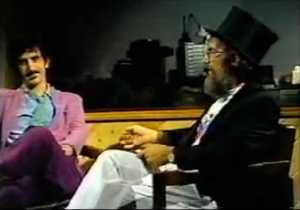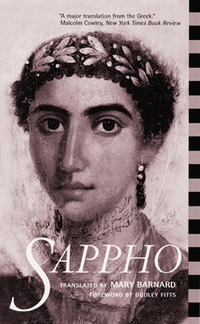By Travis Greenwood ’01
Sated by the luxe, campuswide feast on the Friday night of Centennial Reunions, an overflow audience settled into Vollum Lounge at 9 p.m. to hear Barry Hansen ’63, aka Dr. Demento, speak about the musical and cultural legacy of the late Frank Zappa and his prolific troupe of art-rock jesters, The Mothers of Invention. The Doctor opened his remarks with high praise for his subject, explaining that Zappa was one of the “half dozen most important artists” of his lifetime, a suggestion that visibly resonated with many in the audience, including the other elder statesmen in the room. In particular, Hansen cited Zappa’s adventurous blend of superb musicianship and subversive style, suggesting that both were original and enduring influences on the radio program he has hosted for more than 30 years now.
Alternating between archival video, excerpted recordings and most interestingly, snippets of interviews he had conducted with Zappa himself over a three-decade period, Hansen traced a biographical sketch that was informed by the deeper minutia that only a true musicologist would seek out. That said, Demento’s lecture was also richly personal: listening to his exchange with Zappa about the importance of music as an agent of change in society (and its apparent exclusion from political discourse!), one gets the feeling that the duo shared a genuine and conspiratorial connection. Ever the entertainer (and DJ knob twiddler), Hansen closed with one last Zappa track, “Stevie’s Spanking,” a rich mess of psychedelic guitar and (highly) satirical asides.

